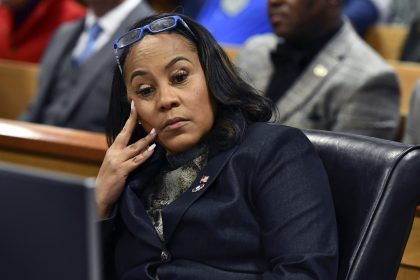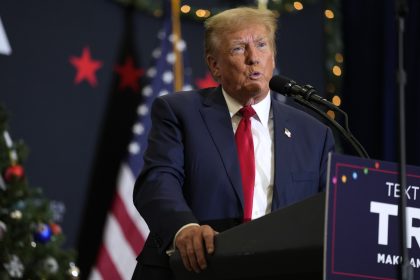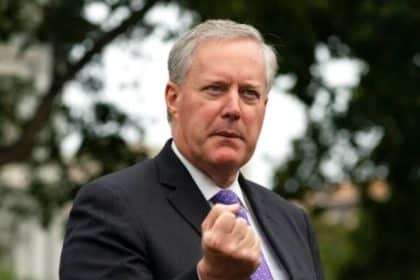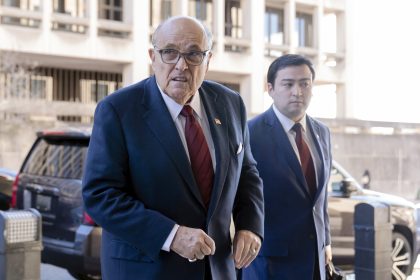Biden’s Hint on Supreme Court Nominee Sets Off Speculation on Prospective Candidates
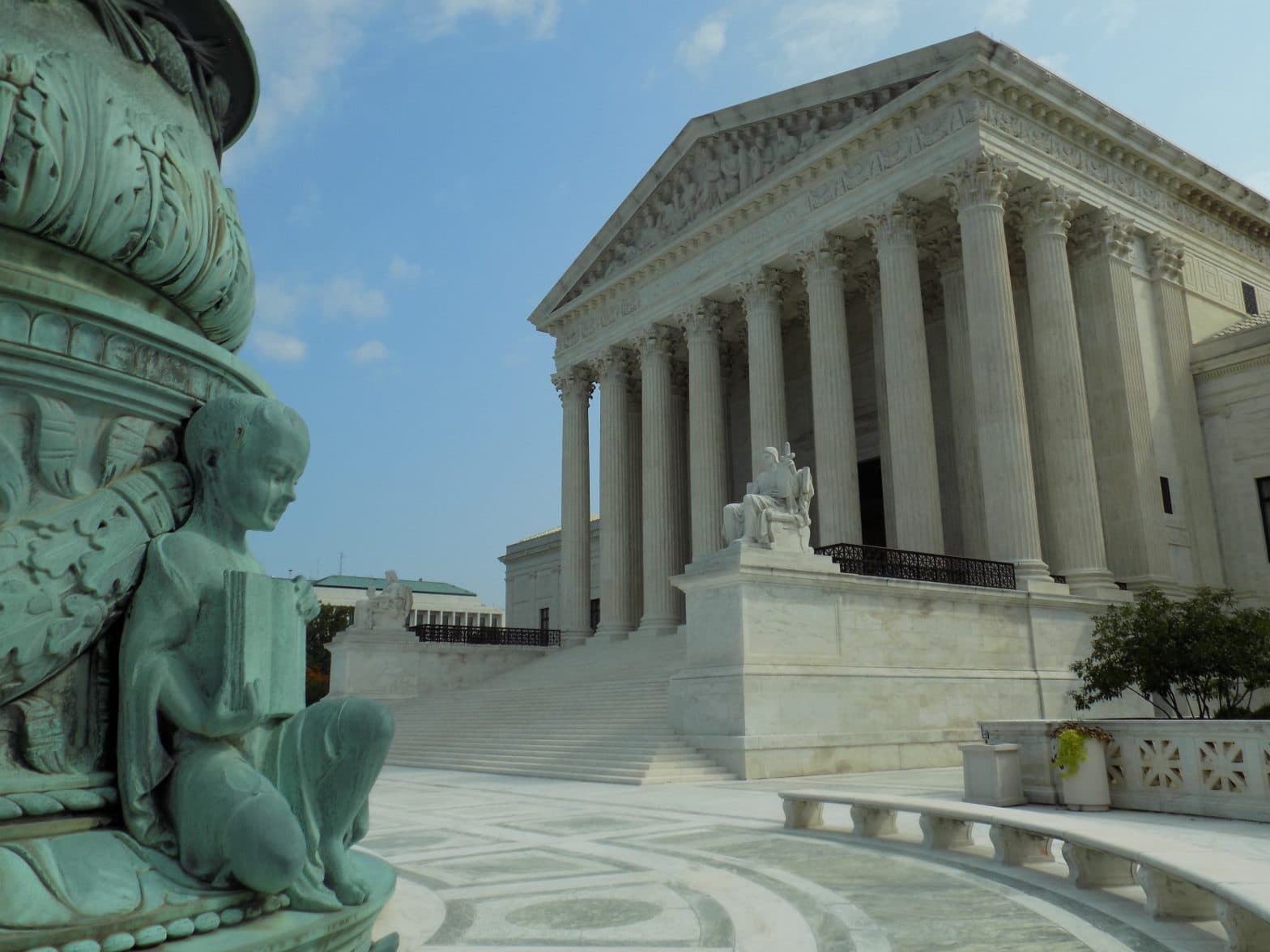
WASHINGTON — Democratic presidential nominee Joe Biden’s recent statement during a press conference that he would nominate an African American woman to the Supreme Court if he is elected is narrowing the list to three likely nominees.
Although he declined to give out the names, the statement left little doubt the top candidates are U.S. District Judge Ketanji Brown Jackson, U.S. District Judge Leslie Abrams Gardner and California Supreme Court Justice Leondra Kruger, according to legal analysts quoted in several news reports.
Jackson and Gardner were appointed to the federal bench by Biden’s former boss, President Barack Obama. Kruger was a deputy assistant attorney general in the Obama administration.
All three have issued judgments that fit well with Biden’s Democratic policies.
The speculation was prompted by an announcement last month by Justice Ruth Bader Ginsburg that she is undergoing treatment for a recurrence of cancer. The 87-year-old is the oldest Supreme Court justice.
There are other African American women on the federal bench but nearly all of them are too old or politically undesirable for Biden’s political platform.
The Federal Judicial Center, an education and research agency of the federal courts, lists 48 African American women as federal judges.
Eleven of them will be younger than the unofficial cutoff age of 55 years old by the Nov. 3 election. Two of them were appointed by Republicans.
If a vacancy opens before the Nov. 3 election, Trump would have an opportunity to nominate a replacement. With little more than two months before the election, Trump’s opportunity for a third Supreme Court appointment is closing.
A Democratic appointee by Biden is expected to maintain a rough balance between liberals and conservatives on the Supreme Court. Conservatives now have a 5-to-4 advantage.
Ketanji Brown Jackson
In 2016, Jackson was interviewed as a potential nominee by Barack Obama after the death of Justice Antonin Scalia. News reports indicated she was one of five candidates to fill the vacancy.
Among her most notable rulings, Jackson, 49, issued an order last November requiring former White House Counsel Don McGahn to testify before the House Judiciary Committee as it investigated possible ethics violations by President Donald Trump. The Committee had subpoenaed McGahn but he chose to follow Trump’s directive not to testify.
Jackson sought to override Trump’s directive in a ruling in which she wrote that “presidents are not kings.” Her ruling is being appealed by the Justice Department.
Leslie Abrams Gardner
Gardner, 45, is a federal judge for the Middle District of Georgia, where she has served since 2014. She was the first African American woman appointed to the federal bench in Georgia.
Previously, she was a federal prosecutor for four years who prosecuted nearly 100 major crime cases. They included sex crimes against children and bank fraud.
She gained notoriety two years ago when she married a man who spent decades in prison for sexual assault and robbery before being vindicated of the crimes. A forensics expert whose testimony played a key role in the conviction was later found to have falsified evidence.
Leondra Reid Kruger
Kruger, 44, is an associate justice on the California Supreme Court who was named by The Los Angeles Times as a top contender for the U.S. Supreme Court.
After graduating from Yale Law School, she worked for a major law firm before clerking for Supreme Court Justice John Paul Stevens. As an Obama administration attorney, she argued 12 cases before the U.S. Supreme Court.
Since joining the California Supreme Court in 2015, Kruger emerged as a moderate who sometimes provided the swing vote on the often sharply divided court.
Harvard Law School professor Noah Feldman wrote in a Bloomberg Opinion column last week, “Had Kruger been successfully appointed to the federal appellate bench by Obama, she would basically be the presumptive Supreme Court nominee.”
By the time of her appointment to the California Supreme Court, Republican leaders in the U.S. Senate were unlikely to allow her to become a federal judge because they “knew perfectly well it would be a decisive step toward getting her on the Supreme Court,” Feldman wrote.

















